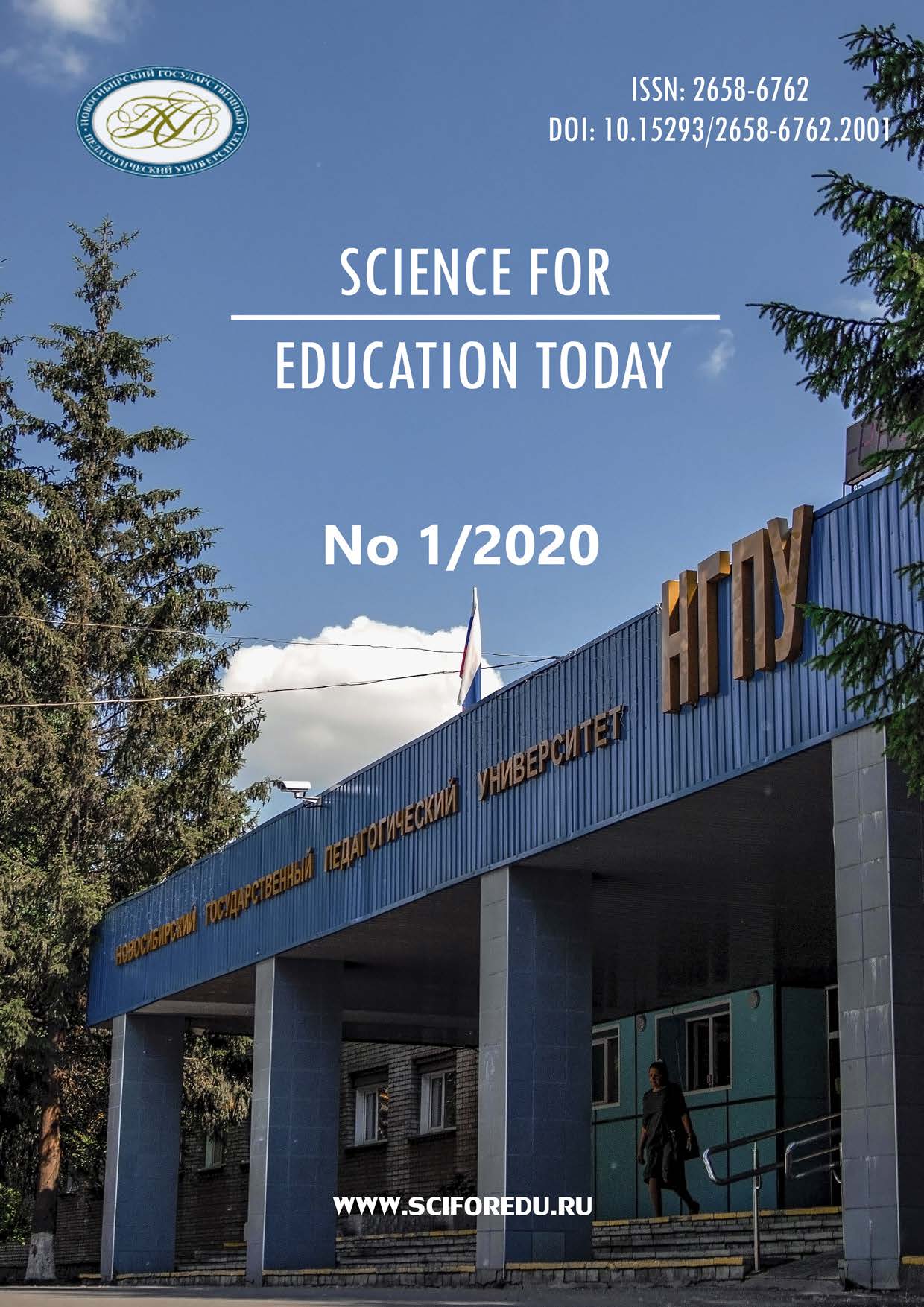Карьерный рост педагога дошкольного образования через саморефлексию в квалификационной работе
Career growth of teacher of preprimary education through self-reflection in qualification thesis
Author(s): Eva Pupiková, Dana Kollarová, Jana BirovaSubject(s): School education, Higher Education , Sociology of Education
Published by: Новосибирский государственный педагогический университет
Keywords: Career growth; Teacher growth; Pre-primary education; Teacher´s self-reflection; Attestation work;
Summary/Abstract: A nursery school teacher who aspires to achieve a higher career education degree in professional career development, a pedagogical employee with the first qualification exam, is forced by the legislation to elaborate a reflection on his/her educational activity by means of a written thesis. The professional thinking, often responsible for the quality of the processed reflection, is mainly influenced by pre-gradual preparation. According to the Slovak Republic legislation, the secondary or university education is accepted for the profession of a teacher of the nursery school for the first qualification exam. Materials and Methods. In the research about similarities and differences in pre-elementary school teachers’ self-awareness the analysis of their written self-reflection on performed activities was conducted. The participants (teachers) were asked to propose, implement and evaluate their educational activities to solve the methodological-technical problem in their individual pedagogical practice. The reflections of teachers with a high-school diploma and teachers with a university degree were analyzed. The goal was to determine and interpret the qualitative differences among participants’ self-reflections depending on their highest level of education achieved. The qualitative research strategy was utilized, while research data consisted of documents – self-reflections on activities from 12 participants with a high school diploma education and 12 participants with a university degree education. The main research method was the analysis of the documents consisting of 126 pages. In the evaluation, we also utilized quantitative indicator measures. During a content analysis of the documents, we performed qualitative open coding method. This helped us to condense the text to work with three categories – technical matters (pedagogical terminology), cause analysis (context area – interaction) and critical thinking (didactic reflection – educational impact). Subsequently, axial coding helped us to compare, clarify and explain some coherence in handling the reflective competency of teachers with different education levels. Results. The paper describes, evaluates, and interprets the self-reflection of teachers for pre-primary education, comparing the level of reflection processing with the achieved education using qualitative research methodology. Conclusions. The results of the research showed that in both groups of participants, there is a decreased ability to self-reflect one’s work with an emphasis on phases of an educational process. The issue in both groups appears to be the ability to explore the cause and possible strategies to improve the process’ quality, not only regarding a pupil but regarding one’s self as well. Among the participants with high school diploma education, their ability to diagnose a pupil is problematic. In the self-reflection, this group of teachers sees the problem in the educational time interval, or mental hygiene of a child, rather than their own didactic methods. On the contrary, the group of participants with the university degree education express possible strategies to change the didactic methods, while also expressing themselves in more technical terminology. However, in both groups, we observe negative aspect in their low ability to analyze their individual works with an emphasis on a child’s personality development. Rather, they describe the pedagogical process from outside. This is to say, in pre-gradual preparation of teachers, greater attention should be paid to pedagogical practice and analysis of educational reality with an accent on preparation on a future successful pupil.
Journal: Science for Education Today
- Issue Year: 10/2020
- Issue No: 1
- Page Range: 174-190
- Page Count: 17
- Language: English, Russian

